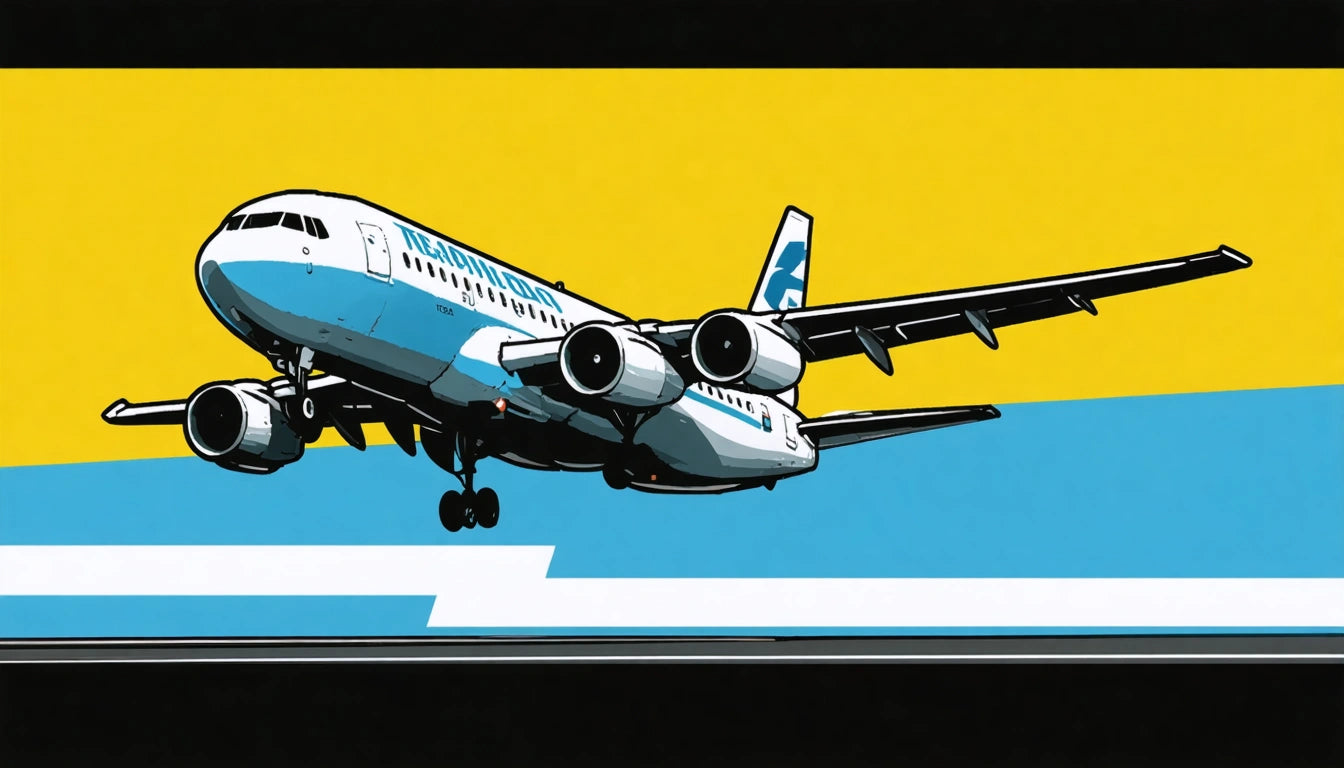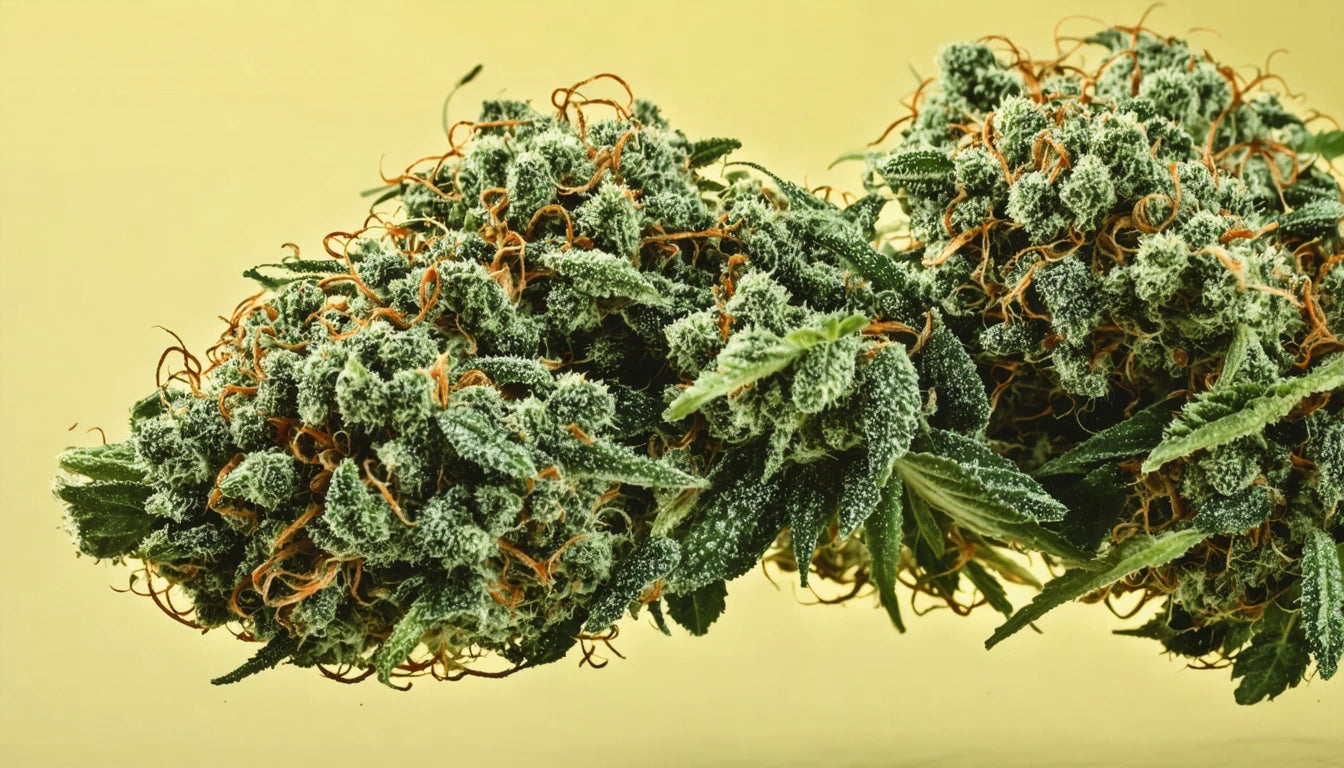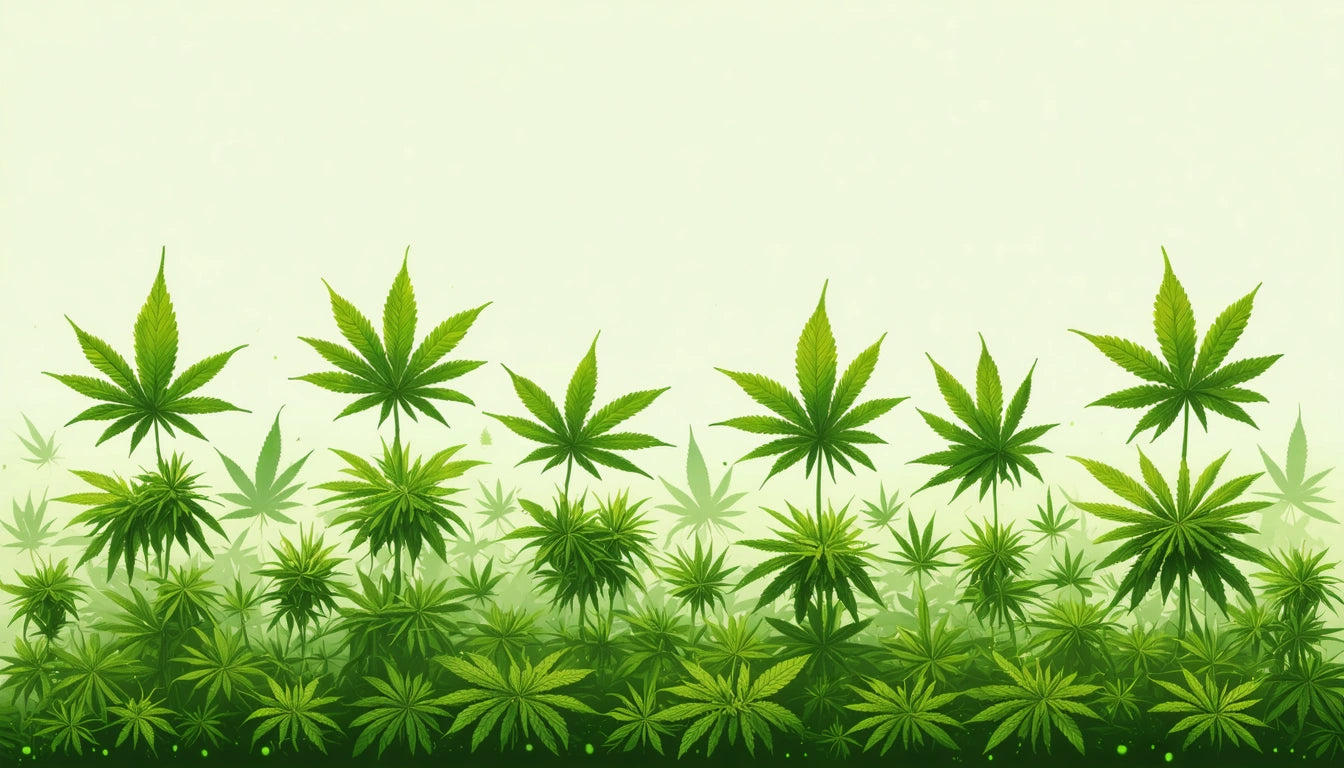Table of Contents
- TSA's Role and Authority in Airport Security
- TSA Drug Screening Policies for Employees
- How TSA Screens Passengers for Prohibited Items
- Checked Luggage Screening Procedures
- Drug Testing Requirements for Flight Attendants and Pilots
- TSA Enforcement Limitations and Law Enforcement Partnerships
- Traveler Recommendations for Safe and Compliant Air Travel
TSA and Drug Enforcement: What Travelers Need to Know About Security and Drug Testing
Air travel security involves complex procedures designed to keep passengers safe while balancing efficiency and privacy concerns. Many travelers have questions about the Transportation Security Administration's (TSA) role in drug enforcement, including whether TSA officers look for drugs, if they can make arrests, and how checked luggage is screened. This guide clarifies TSA's authority and procedures regarding prohibited substances.
TSA's Role and Authority in Airport Security
The TSA was created after the September 11 attacks with a primary mission to prevent terrorist acts and ensure transportation safety. Their core focus is identifying threats to aviation security, particularly weapons, explosives, and other dangerous items. While they're not specifically searching for drugs, they are required to report discovery of illegal items.
It's important to understand that TSA officers are not law enforcement agents. They cannot arrest passengers, though they do work closely with airport police and other law enforcement agencies who can make arrests when necessary.
TSA Drug Screening Policies for Employees
A common question is "does TSA drug test" its own employees. The answer is yes. TSA officers undergo pre-employment drug screening and are subject to random drug testing throughout their employment. This policy helps ensure security personnel maintain the alertness and judgment needed for their critical role.
The TSA implements a zero-tolerance drug policy for its workforce, which includes:
- Pre-employment drug testing
- Random drug testing during employment
- Reasonable suspicion testing
- Post-accident testing
- Follow-up testing after rehabilitation
These measures help maintain the integrity of the screening workforce and public trust in aviation security.
How TSA Screens Passengers for Prohibited Items
When travelers ask "does TSA look for drugs," the technical answer is no. TSA's primary mission focuses on transportation security threats, not drug enforcement. However, if officers discover substances that appear to be illegal during routine screening, they are obligated to refer the matter to law enforcement.
Standard passenger screening includes:
- X-ray scanning of carry-on items
- Body scanners or metal detectors for passengers
- Occasional pat-downs when additional screening is required
- Swabbing for explosive residue
These procedures target security threats rather than controlled substances. However, when screening reveals items that appear to be drugs, TSA protocol requires notifying airport police or other appropriate authorities.
Checked Luggage Screening Procedures
Many travelers wonder "does TSA check for drugs in checked luggage." While TSA screens all checked bags for explosives and other security threats, they're not specifically searching for drugs. However, checked baggage is subject to both automated screening and potential physical inspection.
If you're traveling with legal items that might be sensitive to humidity changes, such as certain medications or cannabis products where legally permitted, humidity control packs can help maintain proper storage conditions during your journey, though always verify local laws at your destination.
Checked luggage screening typically involves:
- Automated explosive detection systems
- X-ray screening
- Potential manual inspection if anomalies are detected
- Possible use of K-9 units for explosive detection
If during this routine screening TSA discovers what appears to be illegal substances, they will notify law enforcement authorities.
Drug Testing Requirements for Flight Attendants and Pilots
The question "are flight attendants drug tested" is common among travelers curious about airline safety protocols. Yes, flight attendants, pilots, and other safety-sensitive aviation employees are subject to drug and alcohol testing under Federal Aviation Administration (FAA) regulations.
The Department of Transportation requires testing for:
- Pre-employment screening
- Random testing throughout employment
- Post-accident testing
- Reasonable suspicion testing
- Return-to-duty and follow-up testing
These requirements help ensure that those responsible for passenger safety remain fit for duty and capable of responding effectively to emergencies.
TSA Enforcement Limitations and Law Enforcement Partnerships
A frequent question is "can TSA arrest you" if they find prohibited items. TSA officers do not have law enforcement authority and cannot make arrests. However, they work closely with airport police and other law enforcement agencies who can take appropriate action when needed.
If TSA discovers potentially illegal items during screening:
- They will notify airport law enforcement
- Law enforcement officers will respond to determine if a crime has occurred
- Law enforcement, not TSA, will handle any arrests or citations
- Potential consequences depend on local laws and the nature of the violation
Understanding that "can the TSA arrest you" has a clear answer—no—helps clarify the agency's role in the security ecosystem. They identify potential issues, but enforcement actions remain with proper law enforcement authorities.
Traveler Recommendations for Safe and Compliant Air Travel
To avoid complications during your journey, follow these guidelines when traveling through TSA checkpoints:
- Research destination laws regarding controlled substances, as legality varies by location
- Remember that crossing state or international boundaries with controlled substances may violate federal law, even if legal in your departure and arrival locations
- Keep all medications in original, labeled containers
- Bring documentation for prescription medications
- Be aware that even in states with legal cannabis, airports and aircraft fall under federal jurisdiction where marijuana remains illegal
- Consider TSA regulations regarding cannabis products if traveling where they're legal
- For those traveling with edible products, review guidelines on traveling with edibles
Understanding TSA's role helps travelers navigate security with confidence while remaining compliant with applicable laws. While TSA does not specifically target drugs during screening, discovery of illegal substances will result in law enforcement referral.











Leave a comment
All comments are moderated before being published.
This site is protected by hCaptcha and the hCaptcha Privacy Policy and Terms of Service apply.